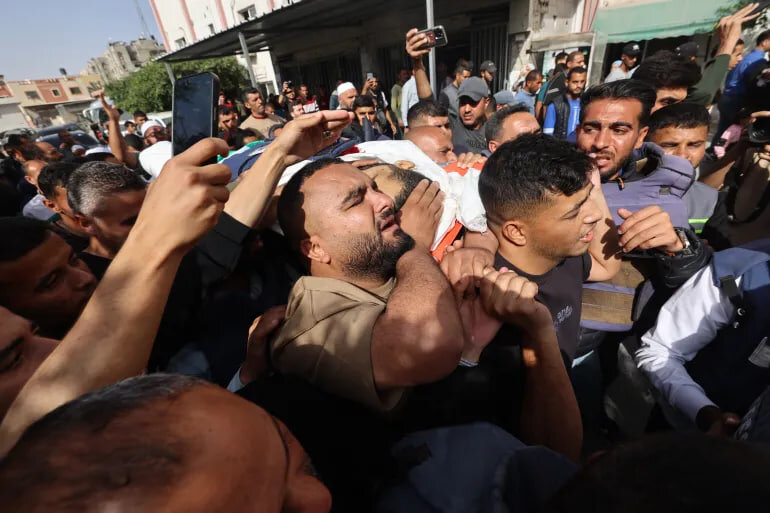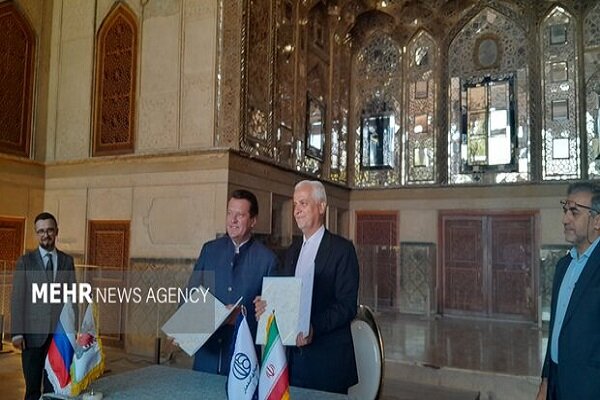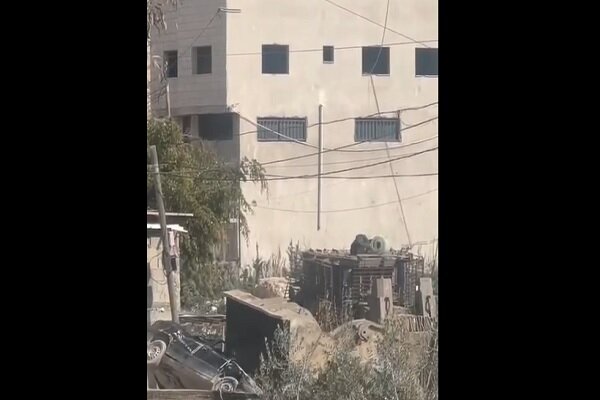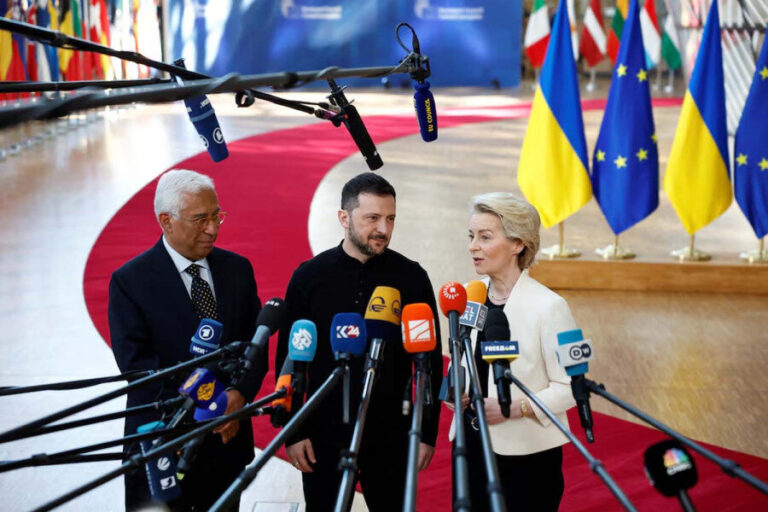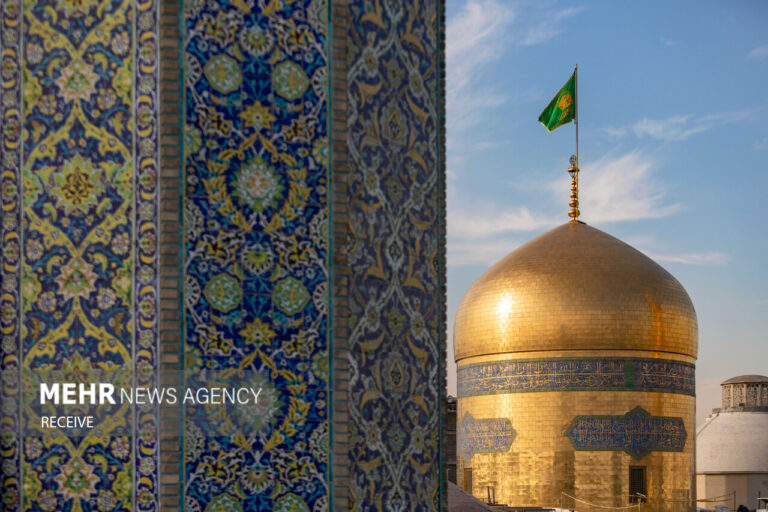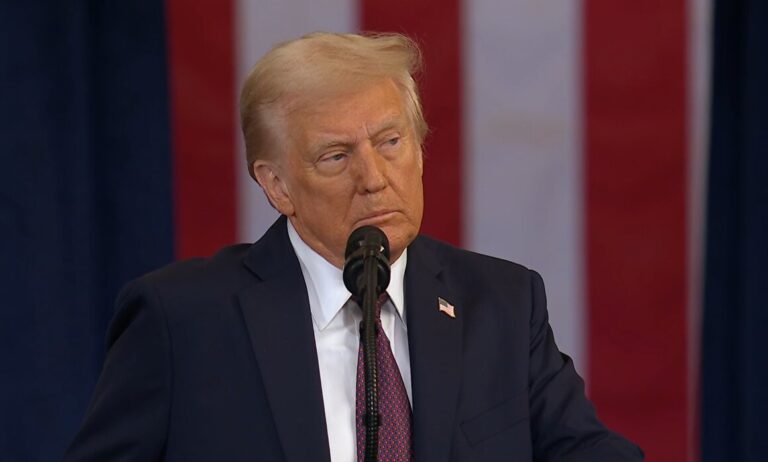Tragic Israeli Airstrike Claims Life of Palestinian Journalist at Gaza Hospital
In a tragic incident, an Israeli drone strike has claimed the life of Palestinian journalist Hassan Islayeh while he was receiving medical treatment in the Nasser Hospital in Khan Younis. This incident has sparked outrage and raised serious concerns about the safety of journalists in conflict zones.
According to Middle East Eye, Islayeh, who was a prominent field reporter and the director of the Alam24 news agency, was in recovery from injuries he sustained in a previous Israeli airstrike. That airstrike occurred last month and specifically targeted a media tent near the same hospital, resulting in the deaths of two journalists and injuries to several others.
This latest attack has been described by local media as a “deliberate assassination,” emphasizing the gravity of the situation. The attack on Islayeh is particularly concerning given that it occurred while he was receiving treatment in the hospital’s burns unit.
Here are some key points regarding the recent events surrounding Hassan Islayeh:
- Previous Attack: The earlier airstrike targeted a media tent, leading to casualties among journalists.
- Direct Target: The initial strike seemed to focus on Islayeh, as it hit his mobile phone.
- Hospital Attack: The drone strike on Tuesday was executed while he was hospitalized, raising alarms about the protection of journalists.
The implications of these attacks on the safety of journalists in conflict zones cannot be overstated. The targeting of media personnel during times of conflict undermines the fundamental principles of press freedom and raises serious ethical questions regarding warfare.
In the wake of Islayeh’s death, many organizations and individuals have come forward to condemn the violence against journalists. The Committee to Protect Journalists (CPJ) and various human rights advocates have called for an investigation into the circumstances surrounding the attack and demand accountability for those responsible.
Hassan Islayeh was not just a journalist; he was a voice for many in the region. His work provided crucial insights into the ongoing conflicts and the humanitarian crises that arise from them. The loss of such individuals not only silences their voices but also diminishes the overall understanding of the complex issues at play in the region.
The international community must take notice of these actions and advocate for the protection of journalists. Here are some recommendations for improving journalist safety in conflict areas:
- Establish Safe Zones: Create designated safe areas for journalists to operate in conflict zones.
- Provide Training: Offer training programs for journalists on how to navigate dangerous situations.
- Strengthen Legal Protections: Advocate for laws that protect journalists from targeted attacks.
- Increase Awareness: Raise awareness about the risks journalists face and the importance of their work in promoting transparency.
As the world continues to grapple with complex geopolitical issues, the role of journalists becomes even more critical. They provide not only news but also a historical record of events that shape our understanding of global affairs. The assassination of Hassan Islayeh is a stark reminder of the dangers faced by journalists and the need for collective action to ensure their safety.
In conclusion, the tragic death of Hassan Islayeh highlights the urgent need for protective measures for journalists working in conflict zones. The international community must rally to support press freedom and hold accountable those who endanger the lives of media professionals. Only then can we hope to foster an environment where journalists can report freely and safely on the critical issues that affect us all.
